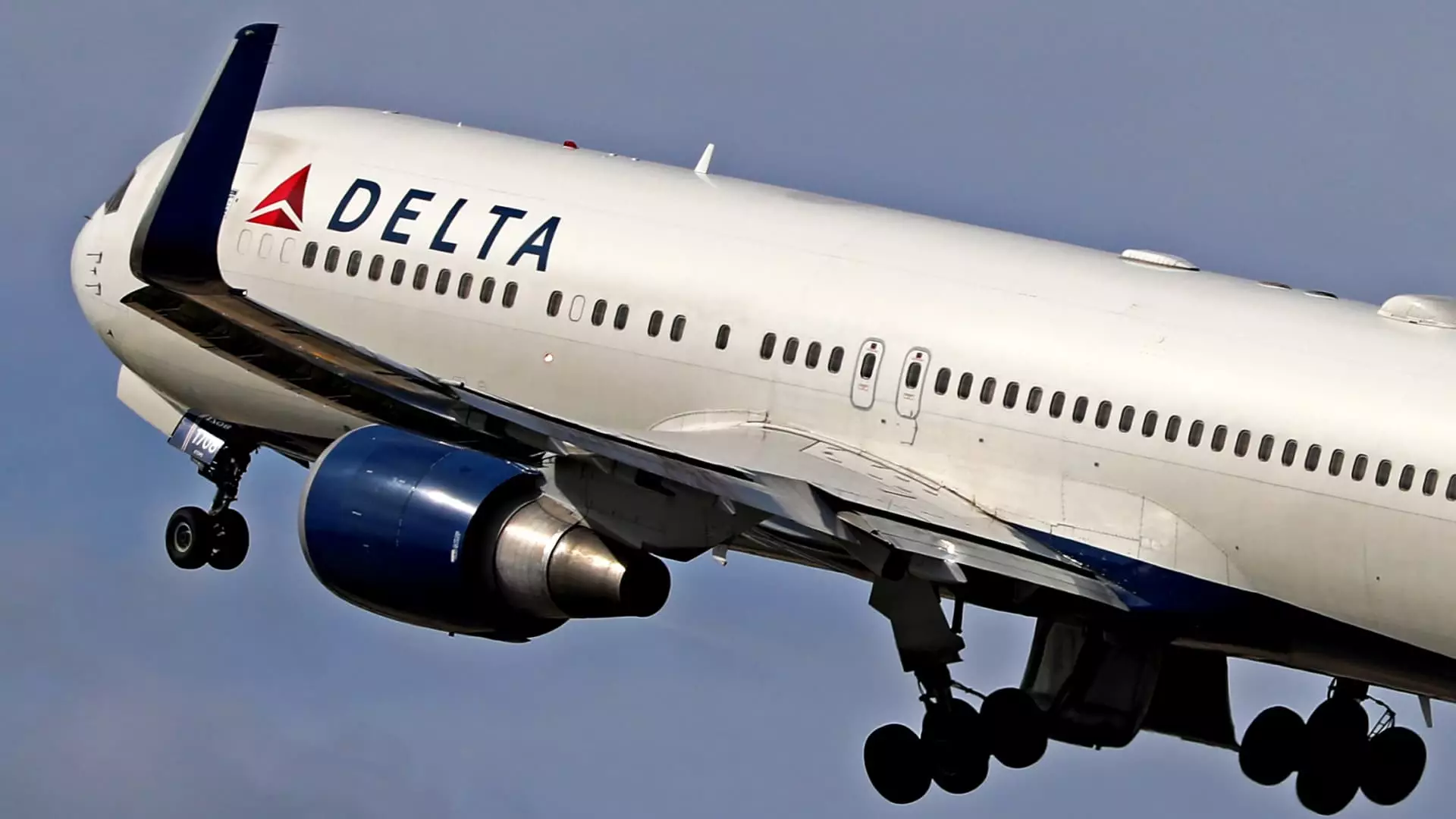In an unsettling climate for airline stocks, a mix of economic factors is contributing to a pervasive decline across the sector, with investors growing increasingly wary. Following Wall Street’s recent downgrades, which brought titans like Delta Air Lines down over 2%, one can’t help but feel that the airline industry may be entering precarious territory. Jefferies, a well-respected investment firm, has downgraded several major carriers, slashing Delta’s price target almost in half, indicating a crisis of confidence that resonates across the board. Yet, it’s not just Delta facing this scrutiny; financial pressures are palpable for American Airlines and Southwest Airlines as well, leading one to question the resilience of this critical sector.
Consumer Confidence is Deteriorating
At the heart of this decline is a troubling sentiment among consumers who are tightening their belts when it comes to discretionary spending. As per the Bank of America report, while household credit and debit spending is up 1.5% year-over-year, airline ticket purchases have seen a drastic 7.2% drop. This steep decline can be more than mere numbers; it reflects a deeper anxiety among consumers about economic stability. Economic forecasts and market indicators suggest that the average traveler is reconsidering their travel plans, influenced as much by domestic economic pressures as by recent tariff discussions that paint a bleak picture.
Travel Demand: The Uncertain Future
The airline industry’s woes are compounded by broader travel demand issues, especially regarding domestic routes that significantly bolster revenue. Executives from major airlines are openly vocal about their concerns surrounding weaker-than-expected travel forecasts. It’s one thing to anticipate declines; it’s quite another to witness them manifest in real time, as air travel becomes a more optional expense for many. Delta has been leveraging its premium services and credit card partnerships to maintain financial health, and that raises a pressing question: Can premium offerings sustain revenue in a market increasingly wary of spending?
Market Reactions and Industry Outlook
The NYSE Arca Airline Index, which exemplifies the five big U.S. carriers, recorded an alarming 18% drop in Q1 of this year, which is the steepest decline since late 2022. This stark downturn outpaces the overall market and suggests that this isn’t just a passing storm; it could signify a prolonged period of turbulence for airlines. Investors are left to ponder whether this is a temporary aberration or if systemic issues are surfacing under the surface, necessitating a fundamental rethink about where airline stocks fit into their portfolios.
Political and Economic Factors At Play
The situation becomes even more complex when political influences are considered. The looming specter of tariffs adds additional uncertainty to an already volatile market. As travel demand experiences headwinds, the possibility of political factors exacerbating the situation cannot be overlooked. The correlation between economic policy and consumer behavior is crucial, and policymakers must tread carefully, as any misstep could seal the airlines’ fate even further. As such, this sector has become a reflection of broader economic health and poses significant challenges ahead, especially for carriers overly reliant on price-sensitive travelers.
The current climate for airline stocks reveals not just faltering investments but a microcosm of larger economic anxieties that could spell trouble for the future of travel in the United States.

